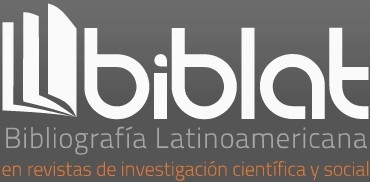Three ancient memories.
DOI:
https://doi.org/10.35494/topsem.2004.2.12.346Abstract
In the Greek and Latin cultures we find three different types of memory. The first is a faculty of the soul that has its center in the mind and participates in the processes of thought thus contributing to reasoning and the formation of ideas and judgments. The second is a simple capability to remember facts and notions and the third is an artificial memory, an organization technique of the mind and contents of thought used in anything from rhetoric to the art of oratory.
In reality, these three memories have much in common. They operate by organizing connection chains of the signs in view of a conclusion. They also produce a final result that would not exist in any other way and they permit the realization of a natural faculty of thought. Besides, they produce results upon improving thought and using interpretation chains as signs that translate contents of belonging in more developed knowledge.
Downloads
Downloads
Published
How to Cite
Issue
Section
License

Tópicos del Seminario is licensed under a Creative Commons Reconocimiento-NoComercial-CompartirIgual 4.0 Internacional License.














